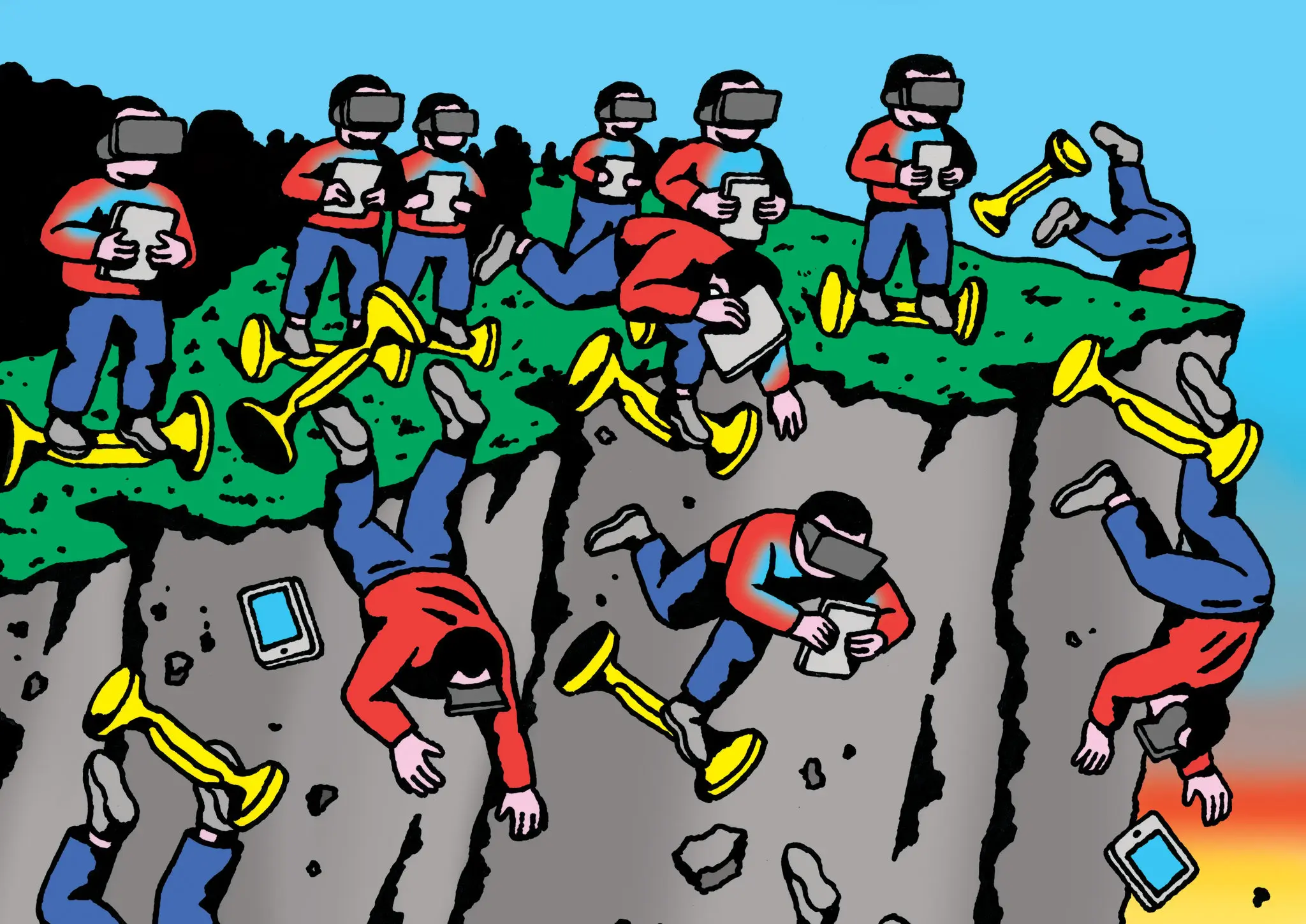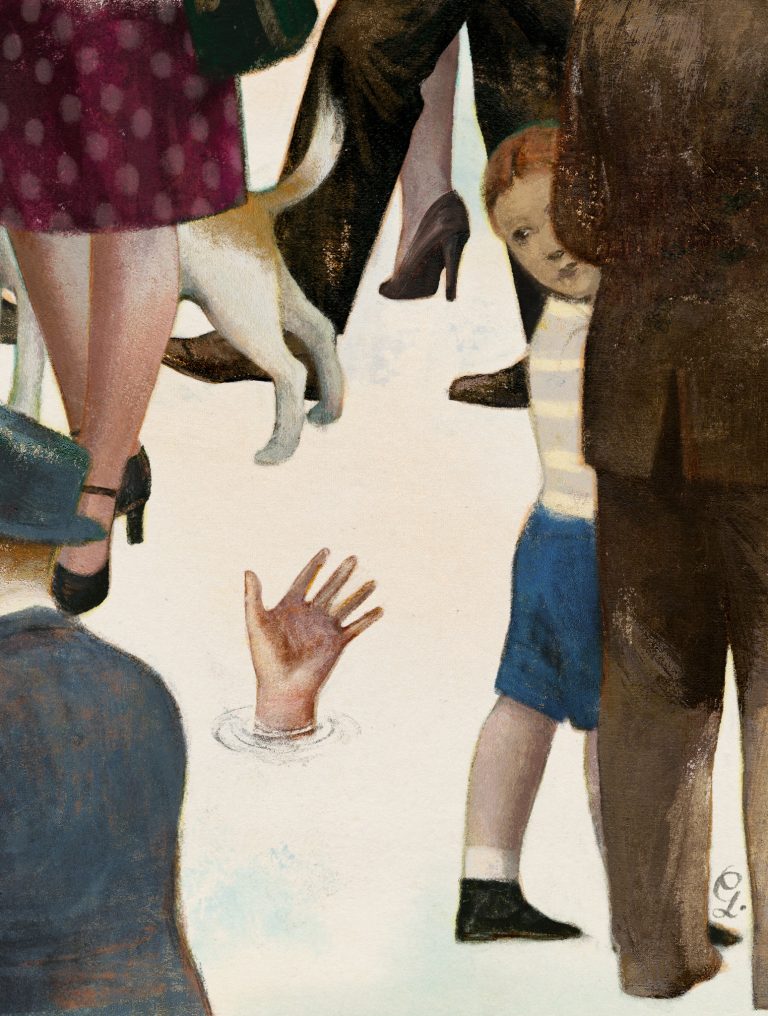Innovation is part and parcel of human civilization. From the stone ages to the multiple industrial revolutions—the transformative tools that were invented sustained humanity—and to all the skeptics of recent innovation, the current changes are no different.
The cynics of the latest innovation lie among all demographic groups, from young to old. One common connotation is that technology will “take our jobs as we know them.” In layman’s terms, we humans will be reliant on robots, and most people will be laying on their couches—unemployed.
The above-mentioned concern can be addressed in the most rudimentary manner.
Through progressive technological innovation, jobs have not eroded but, on the contrary, evolved into different forms serving similar human needs—with an enhanced output.
From ancient farmers using their hands to yield crops to precision farmers using data analytics, artificial intelligence, and drones, For the same purpose.
From ancient healers using herbal remedies to treat illnesses to modern healthcare providers incorporating telemedicine, personalized medicine, and AI diagnostics, For the same purpose.
From town criers who announced news and proclamations verbally in public squares to digital content creators—they do the same shouting and proclamation—it may not be the right word for content being produced for the current generation, nevertheless their job is the same now that it’s through the internet in various means.
A trend that is common prevails in all three of the examples.
One. Evolution. Two. Efficiency. Three. Adaptability.
In the third decade of the 21st century, yes, technology has evolved, and yes, it has also proved to be the most efficient ever. What about adaptability?
The innovators have done their job of innovating; have we, as a civilization, transpired to be so incompetent to accept reality? Or have the innovators been too good at their job—in terms of their pace in bringing out new pieces of betterment to the already good products every now and then?
The matter of fact is that it is both.
Innovation has been in such haste that adaptation is not the leisureliest.
Fine. There is some merit to this point. However, is it imperative that one deny its positivity outright and predict a doomsday scenario just right at the doorstep?
For example, reinvoking the three aforementioned changes in human workings. Farming; doctors; communicators. All three have had an affirmative impact.
The current way of farming has optimized resource use in a scarce environment and increased sustainability in times of global warming. The modern healthcare apparatus has had a dramatic advancement in diagnosis, treatment, and predictive healthcare. The internet, which the enthusiastic communicators of this generation use, has democratized information sharing and eroded discrimination in terms of relaying knowledge; knowledge is beyond the grasp of all; it is only their will; no other force hinders anyone.
It is the sheer ignorance of most—that the improvement has been shadowed by the negative pessimists—ironically, they use the same means to spread their detrimental agenda against which they are berating.
Their sheer hypocrisy is evident.
Countless things can be achieved by technological innovation; technology does not imply only your normal cell phones, televisions, and laptops. There is more to technology: the cure of diseases, enhancement in quality of life, improving governance to reduce social injustice, and saving the planet from human-inflicted damage—global warming.
The deniers will only stall what has been a monumental leap in terms of innovation—large language models are just the beginning. I coin them as a more helpful and concise traditional search engine. And of course, its capacity to store and compute a large amount of information enables it to solve problems that may consume a lot of vital resources.
The cosmos has only given this planet 24 hours a day; we better get our act together and adapt, adapt, and adapt.
There is simply nothing beyond our capacity when we do it together; it will only be for the goodwill of mankind, nothing less.





